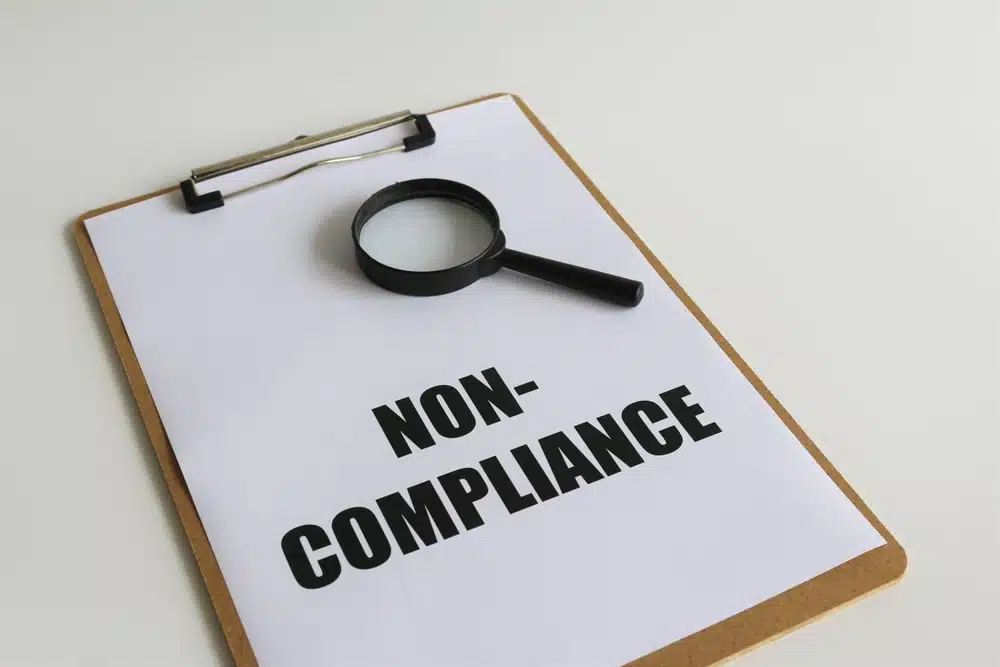 Accountants in the United Kingdom are subject to a number of legal regulations as such may come across a number of legal issues. These regulations cover a wide range of topics, including financial reporting, auditing, and tax preparation. The most important regulatory body for accountants in the UK is the Financial Reporting Council (FRC). The FRC sets standards for financial reporting and auditing, and enforces these standards through a system of inspections and investigations. In addition to the FRC, there are a number of other bodies that regulate accountants in the UK, including the Institute of Chartered Accountants in England and Wales (ICAEW) and the Association of Certified Chartered Accountants (ACCA).
Accountants in the United Kingdom are subject to a number of legal regulations as such may come across a number of legal issues. These regulations cover a wide range of topics, including financial reporting, auditing, and tax preparation. The most important regulatory body for accountants in the UK is the Financial Reporting Council (FRC). The FRC sets standards for financial reporting and auditing, and enforces these standards through a system of inspections and investigations. In addition to the FRC, there are a number of other bodies that regulate accountants in the UK, including the Institute of Chartered Accountants in England and Wales (ICAEW) and the Association of Certified Chartered Accountants (ACCA).
As with any profession, there are a number of legal issues that accountants need to be aware of. These include liability for professional negligence, breach of contract, and defamation. In addition, accountants may also be subject to criminal charges in certain circumstances. For example, accountant can be prosecuted for fraudulent trading if they knowingly or recklessly engage in activities that result in fraud or loss to their clients. As such, it is essential that accountants stay up-to-date with the latest legal developments in order to avoid any potential problems
Accountancy businesses are subject to a wide range of legislation, some of which are likely to have a particular impact. Listed below are some of the most important areas you should know about. You should be aware that this is not a comprehensive list.
What licences does an accountant need?
The provision of basic accountancy services is not subject to any licensing requirements.
There are, however, a few things you should keep in mind when running an accountancy practice:
- The Money Laundering Regulations require accountancy firms without FCA or ICAEW supervision to register with HM Revenue & Customs (HMRC).
- To act as an insolvency practitioner, you must hold a license or authorisation from a professional body
- A practising certificate is required for qualified accountants to engage in public practice
- In order to perform audits or probates, you must be licensed by your professional body
- An FCA authorisation is required if you plan to conduct mainstream investment business. You must also obtain FCA authorisation for general insurance and mortgage business if you are already licensed to conduct investment business.
- ACCA members and ICAEW members must hold a license from a DPB if they only intend to engage in non-mainstream investment activities
- Credit brokering, debt adjusting, and debt counselling require consumer credit authorisation. Under the DPB licensing arrangements, you may already have a credit authorisation from your professional regulatory body.
- Information Commissioner’s Office (ICO) registration may be required for businesses that keep records of individuals’ personal information. A new level of protection for personal data was introduced in May 2018 with the General Data Protection Regulation
Things to be aware of
- To practice as an accountant in public practice, you need a practising certificate
- Performing probate or audit work requires authorisation from your professional body
- A license for insolvency work is required
- If the investment business, mortgage business, and insurance mediation are incidental to your main accountancy work, a Designated Professional Body (such as your professional accountancy body) can license you. An authorisation from the Financial Conduct Authority (FCA) is required if you plan to conduct mainstream investment business. Obtain separate FCA authorisations for general insurance and mortgage business if you are already authorised to conduct investment business
- Solicitors’ Accounts Rules work requires you to report fraud and theft to the Solicitors Regulation Authority
Money laundering regulations
The Money Laundering Regulations should be familiarised with by you. Visit Gov.uk to learn how the regulations affect you. In addition to requiring the following procedures to follow, they also specify what records must be kept regarding those procedures and what internal reporting procedures must be set up so that money laundering does not occur in your practice.
Furthermore, you’ll need to train your employees to recognise money laundering transactions and to comply with money laundering laws. The National Crime Agency (NCA) must be notified if there are suspicions of money laundering. You must register with – and be supervised by – HMRC if you are not supervised by the FCA or a professional body.
Consumer credit
Consumer credit authorisation from the FCA is required if you offer consumer credit services to your clients. The FCA website allows you to apply online. Consumer credit services may be available to you under the Designated Professional Body regime. Make sure you check with your professional accounting organisation.
Health & safety, fire
As well as complying with workplace health and safety laws, you must ensure your business is fire safe.
Employment legislation
Anyone who employs staff must follow employment laws. The following laws are included:
- Recruitment and employment contracts
- Pay and pensions
- Working time: hours, leave, flexible working
- Employment policies
- Sickness and sick pay
- Maternity, paternity and adoption
- Discrimination
- Managing home workers, remote workers, lone workers
- Discipline and grievance
- Dismissals and redundancies
- Employment tribunals
Insurance for an accountant
You will need insurance coverage when you start a business. Describe your business’s operation to an insurer so that they can recommend an appropriate level of coverage. The following may be included:
- Professional indemnity insurance
- Premises, premises contents
- Personal accidents and travel
- Loss of earnings
- Business interruption
- Employer’s liability
- Public liability
- Motor insurance
There are a number of insurance companies that offer office policies that are tailored to the needs of companies that are based in offices.
Business insurance rates may be competitive for professionals such as ICAEW and ACCA.
Conclusion
Accountants should be aware of any legal issues that they may come across, these mainly are legal claims against an accountant for poor advice, negligence or sub standard of work quality. Tis demonstrates the importance for accountants and accountancy firms to hold adequate professional insurance. Due to accountancy being a regulated industry compliance with money laundering regulations must also be adhered too.
Lee Jones is a seasoned Business Finance Specialist with over two decades of invaluable experience in the financial sector. With a keen eye for market trends and a passion for helping businesses thrive, Lee has become a trusted advisor to countless organizations seeking to navigate the complexities of finance.


